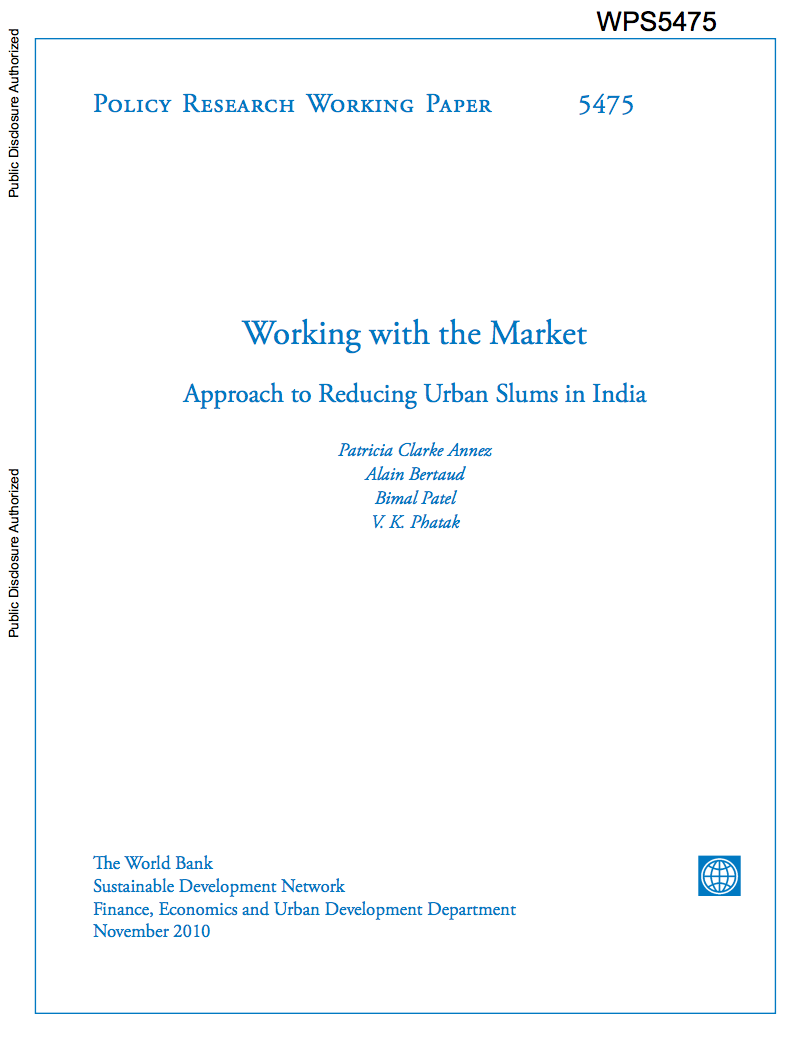The World Bank is a vital source of financial and technical assistance to developing countries around the world. We are not a bank in the ordinary sense but a unique partnership to reduce poverty and support development. The World Bank Group has two ambitious goals: End extreme poverty within a generation and boost shared prosperity.
- To end extreme poverty, the Bank's goal is to decrease the percentage of people living on less than $1.25 a day to no more than 3% by 2030.
- To promote shared prosperity, the goal is to promote income growth of the bottom 40% of the population in each country.
The World Bank Group comprises five institutions managed by their member countries.
The World Bank Group and Land: Working to protect the rights of existing land users and to help secure benefits for smallholder farmers
The World Bank (IBRD and IDA) interacts primarily with governments to increase agricultural productivity, strengthen land tenure policies and improve land governance. More than 90% of the World Bank’s agriculture portfolio focuses on the productivity and access to markets by small holder farmers. Ten percent of our projects focus on the governance of land tenure.
Similarly, investments by the International Finance Corporation (IFC), the World Bank Group’s private sector arm, including those in larger scale enterprises, overwhelmingly support smallholder farmers through improved access to finance, inputs and markets, and as direct suppliers. IFC invests in environmentally and socially sustainable private enterprises in all parts of the value chain (inputs such as irrigation and fertilizers, primary production, processing, transport and storage, traders, and risk management facilities including weather/crop insurance, warehouse financing, etc
For more information, visit the World Bank Group and land and food security (https://www.worldbank.org/en/topic/agriculture/brief/land-and-food-security1
Resources
Displaying 4296 - 4300 of 4907Working with the Market : Approach to Reducing Urban Slums in India
This paper examines the policy options
for India as it seeks to improve living conditions of the
poor on a large scale and reduce the population in slums.
Addressing the problem requires first a diagnosis of the
market at the city level and a recognition that government
interventions, rather than thwarting the operations of the
market, should seek to make it operate better. This can
substantially reduce the subsidies required to assist low
The Little Green Data Book 2010
The little green data book 2010 show
wide disparities across regions. For example, urban air
pollution declined in most countries between 2000 and 2006
(the most recent year for which data is available), with the
greatest progress in low-income and lower middle-income
countries. But concentration levels are still nearly three
times higher in these countries than in high-income
countries. The book also estimates adjusted net savings,
Yemen, Republic of - Urban Transport in Sana’a : Strategy Note
Yemen, the fastest urbanizing country in
the Middle East and North Africa region, has a very limited
natural resource base and the efficiency of its cities is
therefore essential for its future economic growth. However,
this efficiency is increasingly handicapped by the poor
performance of urban transport, especially in the capital
Sana'a. This report presents the main findings of this
review and makes key recommendations to improve the
Leadership and Growth : Commission on Growth and Development
In May 2008, the commission on growth
and development (the growth commission) issued its report
entitled 'the growth report'. In it the commission
attempted to distill what had been learned in the past two
decades, from experience and academic and policy research,
about strategies and policies that produced sustained high
growth in developing countries. It became clear in the
course of the work that politics, leadership, and political
Democratic Republic of Congo - Strategic Framework for the Preparation of a Pygmy Development Program
The study presents an analysis of the
situation of the Pygmies in Democratic Republic of Congo
(DRC), including their history and relations with the other,
mainly Bantu, populations. It provides a brief description
of their lifestyle, their socioeconomic status, and a
participatory diagnosis of the key factors that lead to
their current impoverishment and marginalization. The study
discusses the rationale for protecting Pygmy culture and







